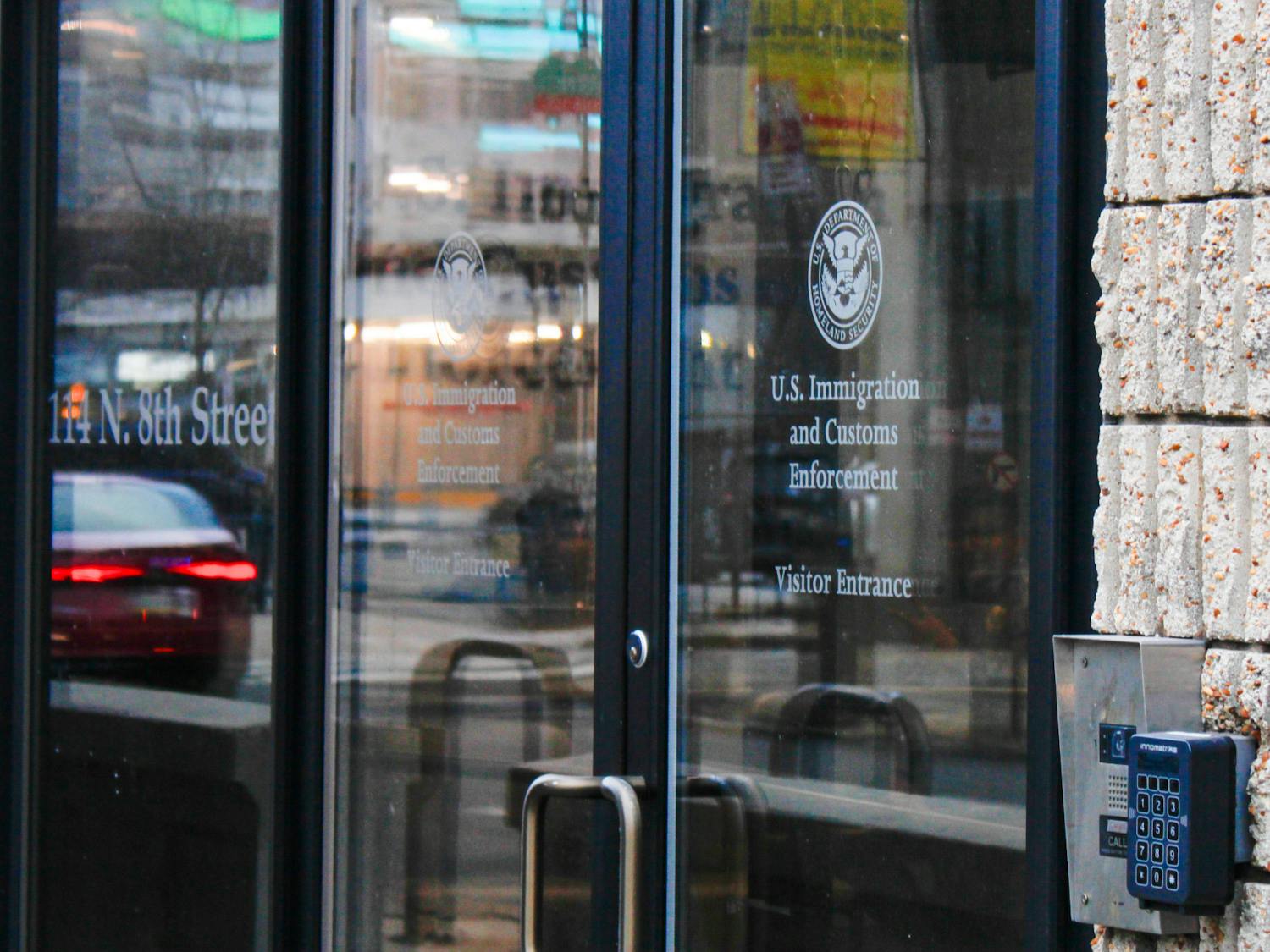Since the retraction of Chief Minister Narendra Modi’s invitation to the Wharton School, events continue to unfold ominously. The opportunity for public discourse, multiple perspectives expressed in an open and civil manner, has been lost at least twice. The result is an increasing vitriolic that targets faculty and students at the University of Pennsylvania for exercising critical judgment and free speech. Free speech is essential to institutions of higher education and the democracies that foster them. It is imperative to nurturing the critical thinking skills that are the hallmarks of a quality education. But, in an ironic twist, Mr. Modi’s supporters are using their right to free speech to mount personal attacks against critics and, in fact, silence dissent.
Once news about the Wharton India Economic Forum’s invitation to Mr. Modi became public, numerous faculty and students questioned the choice of a politician who has unapologetically tied neoliberal economic policies to a brutally exclusionary Hindutva rhetoric. They sought to raise questions about a covert process that had led to the choice despite, or perhaps because of, its controversial nature. Using the avenues available to them, they openly registered their concerns about Mr. Modi as well as the process that led to the invitation.
Subsequently, the organizers saw fit to abruptly rescind the invitation. With it, they lost the second opportunity to encourage discussion and allow detractors as well as supporters to make their cases. Perhaps such discussions and debates would have led to an altered format, one where Mr. Modi would have had to contend with opposing views on a panel. Perhaps, these airings would have allowed Mr. Modi’s supporters to defend him before the retraction of the invitation. That aborted defense has now taken the form of personalized attacks on some faculty and students who oppose Mr. Modi’s visit. That defense is now taking the dubious position that these faculty and students have denied Mr. Modi’s supporters of their right to free speech.
The principle of free speech has not been imperiled by Mr. Modi’s critics at the university, but by the process at Wharton, that has been neither transparent nor inclusive. It has been jeopardized by the lack of institutional space to air differences and dissent earlier. Mr. Modi’s supporters see “facts” very differently from his critics. Where critics find appalling the prospect of honoring a politician known for his responsibility in the 2002 pogrom against Muslims in Gujarat, recurrent venom against religious-cultural minorities and questionable political and economic approaches to development, his supporters see an altogether different side. For the moment, though, the issue is not a parsing of “facts,” but a civil and open form of public discourse that can accommodate the various perspectives.
Not so long ago, the imperatives of civil discourse were in the national limelight in the United States. In the aftermath of the shootings near Tucson, Ariz., in which Rep. Gabrielle Giffords and 13 others were wounded and six people were killed, there was much soul searching about the political rancor that had perhaps unwittingly led to the harm. What this travesty underscored is the need to separate political and ideological difference from personal attacks. Political and ideological difference does and will continue to exist and controversial figures such as Narendra Modi will continue to polarize. But, what needs to be guarded against and, indeed, what should be unthinkable is vitriolic of the personal.
While Mr. Modi’s critics base their arguments on the public record of a public figure, his supporters are resorting to personalized rancor against individual faculty members. While there is a place for debating the merits of Mr. Modi’s public record, there ought to be no space for personal attacks on those who see things differently. Such attacks undermine the very principle of free speech that the supporters claim was denied to them. In fact, it actively creates an atmosphere of hostility and intimidation against those who raised their voices against the invitation to Mr. Modi. It is clear that Mr. Modi and his supporters were seeking to legitimize his bid for national political office in India through the prestigious speaking engagement at Wharton. That effort has now shifted toward suppressing dissent among those who helped prevent his visit. This will not do. If Mr. Modi’s supporters are in fact serious about defending the right to free speech, then they will go a long way toward it by keeping a focus on his merits as a public figure. The supporters will go a long way in upholding the principle of critical thinking by conceding that others too have a right to question the choice of a politician whose record they believe does not justify being honored at the University of Pennsylvania.
Jyoti Puri is a professor of sociology and director of the graduate program in gender/cultural studies at Simmons College.
Related
Topic Page: Community responses
3/10/13: Petition against Narendra Modi speaking at the Wharton India Economic Forum
3/7/13: Backlash results from cancellation on Indian state minister








